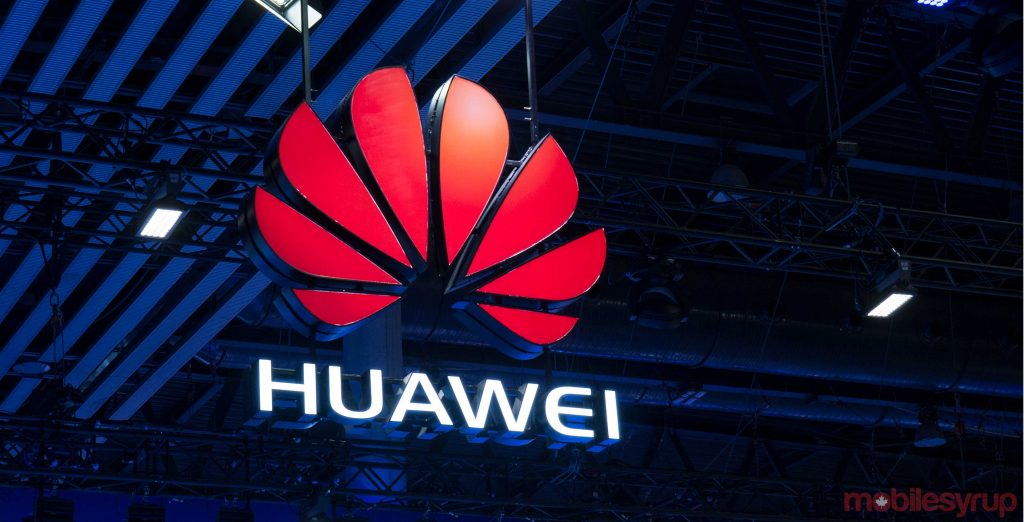Huawei Paves the Way for Digital Transformation in Africa and Asia
Global telecommunications giant Huawei is making a significant push towards becoming a leader in the global digital transformation movement.
The company is heavily involved in building infrastructure projects across various regions, particularly Africa and Asia.
This involvement highlights Huawei’s ambition to be at the forefront of the digital economy, despite facing challenges related to geopolitics.
One of Huawei’s main areas of focus is building 5G infrastructure. They’ve struck deals with numerous countries to develop and deploy advanced telecommunications and IT infrastructure, including 5G networks, data centers, and cloud service platforms.
In Africa, Huawei is partnering with governments and private entities to establish robust ICT infrastructure. This collaboration has led to the rollout of Kenya’s first 5G network, expected to significantly improve connectivity and drive innovation across various sectors.
Similarly, South Africa is utilizing Huawei’s 5G technology to develop its Internet of Things (IoT) and smart city initiatives.
The company’s commitment extends beyond just infrastructure. They recently partnered with MTN Group to open a Technology Innovation Lab aimed at accelerating digital transformation and sustainable development in Africa.
Additionally, Huawei’s cloudified 3DC solution is currently powering eGovernment services in Zambia, increasing government efficiency and promoting a paperless environment.
Huawei’s role extends to Asia as well. They are a major contributor to Malaysia’s National Fiberisation and Connectivity Plan, bringing high-speed internet access to the entire nation.
Furthermore, Huawei’s cloud services are actively supporting the country’s growing digital economy.
Recognizing the importance of digital identity in modern economies, Huawei is actively involved in developing secure and verifiable identification systems. They collaborated with the Thai government on a project integrating digital ID with other government services, fostering transparency and efficiency.
Despite these contributions, Huawei faces scrutiny concerning potential security risks due to its ties to the Chinese government.
However, it’s undeniable that the company’s involvement in digital infrastructure projects has led to improved internet access, public service delivery, and innovation across various regions.
Looking ahead, Huawei is expected to expand its reach in developing regions with the greatest need for advanced ICT infrastructure. The company recently launched new solutions and products to cater to the evolving needs of customers undergoing digital transformation.
Huawei remains committed to offering secure digital infrastructure and tools, aiming to be a reliable partner in the global digital transformation journey.
Additional source: Biometric Update



